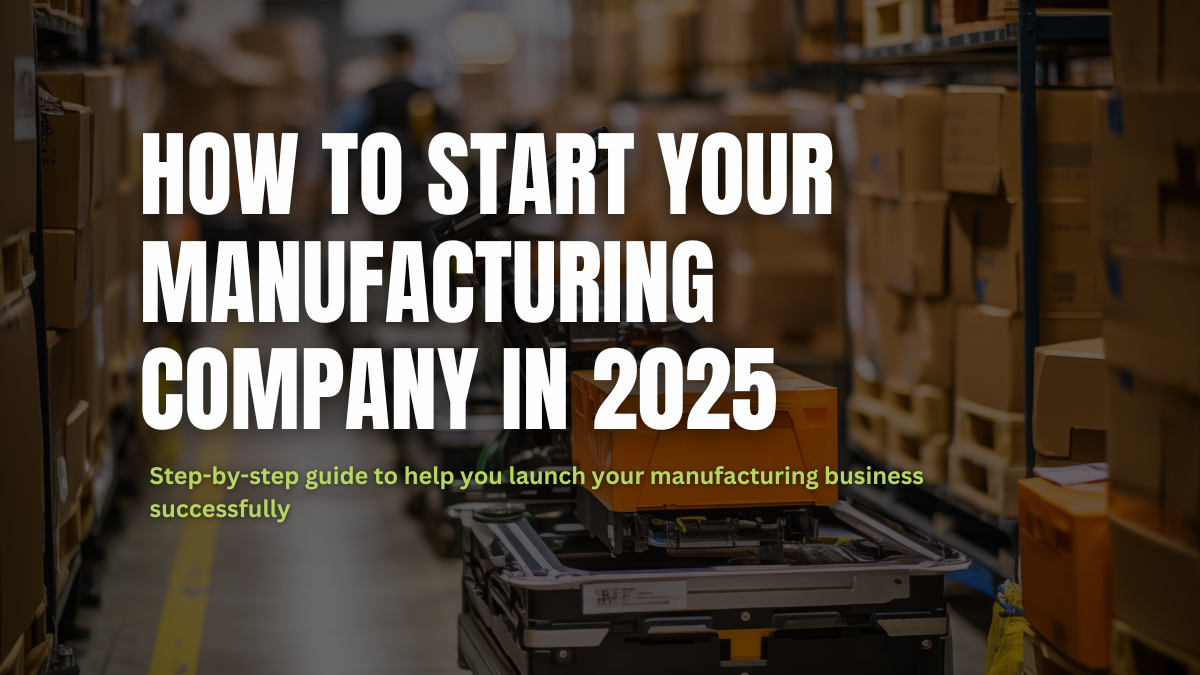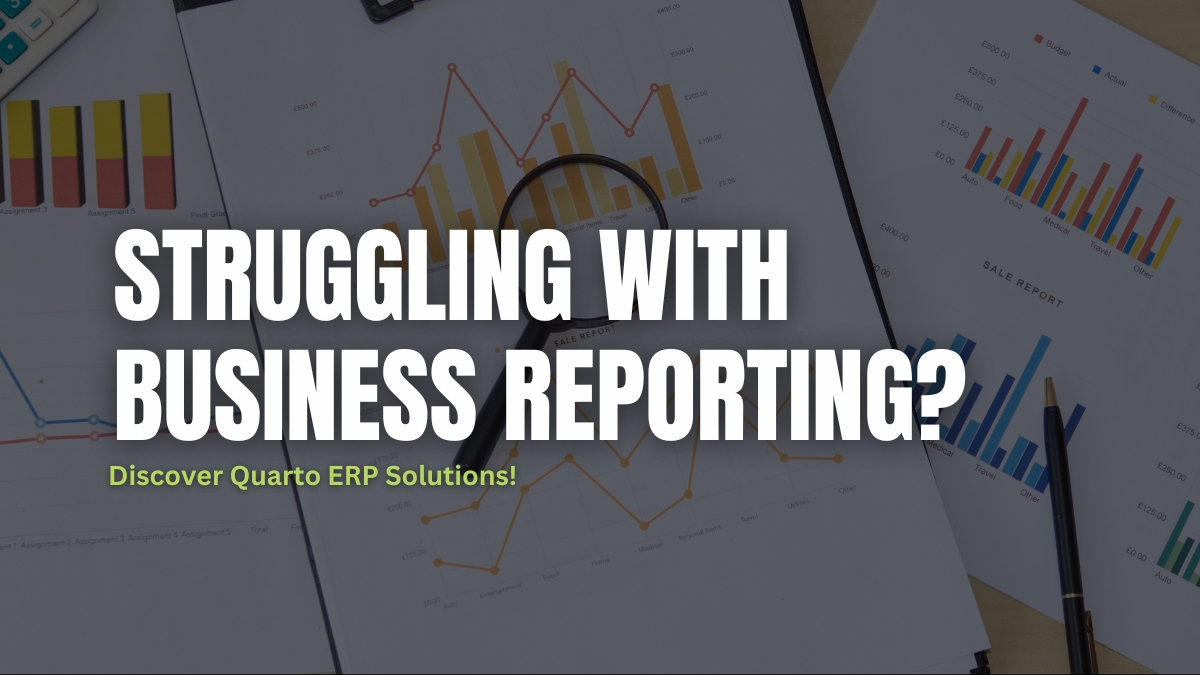Essential Steps and Expert Tips to Launch Your Manufacturing Business Successfully in 2025
Starting a manufacturing business in 2025 is an exciting venture that can open doors to countless opportunities across various sectors such as textiles, electronics, food processing, automotive, pharmaceuticals, and sustainable products. The manufacturing sector is evolving rapidly, driven by innovations in technology, automation, and eco-friendly practices. If you’re considering entering this dynamic industry, starting a manufacturing business in 2025 requires careful planning, strategic decision-making, and adaptability. Follow this step-by-step guide to successfully launch and grow your manufacturing business in 2025.
Step 1: Choose the Right Niche for Your Manufacturing Business in 2025
Identify a niche that aligns with your interests, skills, and market demand. Research current trends in manufacturing to understand what products are in demand. For example, sustainable packaging, eco-friendly products, or high-tech components are gaining popularity in 2025.
👉 Tip: Analyze your competitors and look for gaps in the market to stand out.
Step 2: Create a Business Plan for Starting Your Manufacturing Company
A strong business plan is your roadmap to success. It should outline:
- Your business objectives
- Market analysis
- Production process
- Financial projections
- Sales and marketing strategies
Having a clear plan will also help you secure funding from investors or financial institutions.
Step 3: Legal and Regulatory Compliance
Before starting operations, ensure your business complies with all legal and regulatory requirements. Obtain the necessary licenses, permits, and certifications for your industry. You may also need to register your company and comply with environmental and safety regulations.
🌐 Useful Link: Government of India MSME Registration
Step 4: Secure Funding
Manufacturing businesses often require significant capital for equipment, raw materials, and labor. Explore funding options such as business loans, grants, or investor backing. A solid business plan will strengthen your chances of securing the funds you need.
Step 5: Invest in Technology and Infrastructure
In 2025, smart manufacturing is the standard. Invest in state-of-the-art machinery, automation tools, and factory infrastructure. Utilizing the latest technology can improve efficiency, reduce costs, and enhance product quality.Additionally, investing in a robust ERP (Enterprise Resource Planning) software is essential for streamlining operations, managing resources effectively, and ensuring seamless integration across all departments. A good ERP system can provide real-time data insights, improve decision-making, and give your business a competitive edge in the fast-evolving manufacturing industry.
Step 6: Establish a Supply Chain
Building a reliable supply chain is essential for your manufacturing business. Partner with trustworthy suppliers for raw materials and establish a seamless logistics network for delivery
Step 7: Develop a Marketing Strategy
To attract clients, you need a solid marketing plan. Utilize digital marketing tools, such as social media, email campaigns, and SEO-friendly websites, to showcase your products and build brand awareness.
🌟 Learn more about digital marketing trends for manufacturers here.
Step 8: Implement an ERP System
An Enterprise Resource Planning (ERP) system is crucial for managing and automating your operations. From inventory and production to sales and accounting, an ERP like Quarto ERP can simplify your processes and enhance efficiency.
Visit Quarto ERP to explore how our solution can streamline your manufacturing operations.
FAQ: Why Choose Quarto ERP for Your Manufacturing Business?
Q: How does Quarto ERP help manufacturing companies?
A: Quarto ERP is specifically designed to meet the unique needs of manufacturing businesses, offering tools to enhance efficiency and productivity.
Q: What features does Quarto ERP offer for managing operations?
A: Quarto ERP provides real-time data synchronization, efficient inventory and production management, and advanced reporting tools to streamline your operations.
Q: Can Quarto ERP be used offline?
A: Yes! Quarto ERP offers seamless offline and online connectivity, ensuring your business stays productive even without an internet connection.
Q: Is Quarto ERP available on all platforms?
A: Yes, Quarto ERP is accessible on multiple platforms, including desktop, mobile, and cloud-based systems, allowing you to manage your business from anywhere.
In 2025, businesses that embrace technology are bound to succeed. By integrating Quarto ERP, you can stay ahead of the competition, reduce costs, and achieve operational excellence.
📩 Ready to transform your manufacturing business? Schedule a FREE DEMO with Quarto ERP here.


